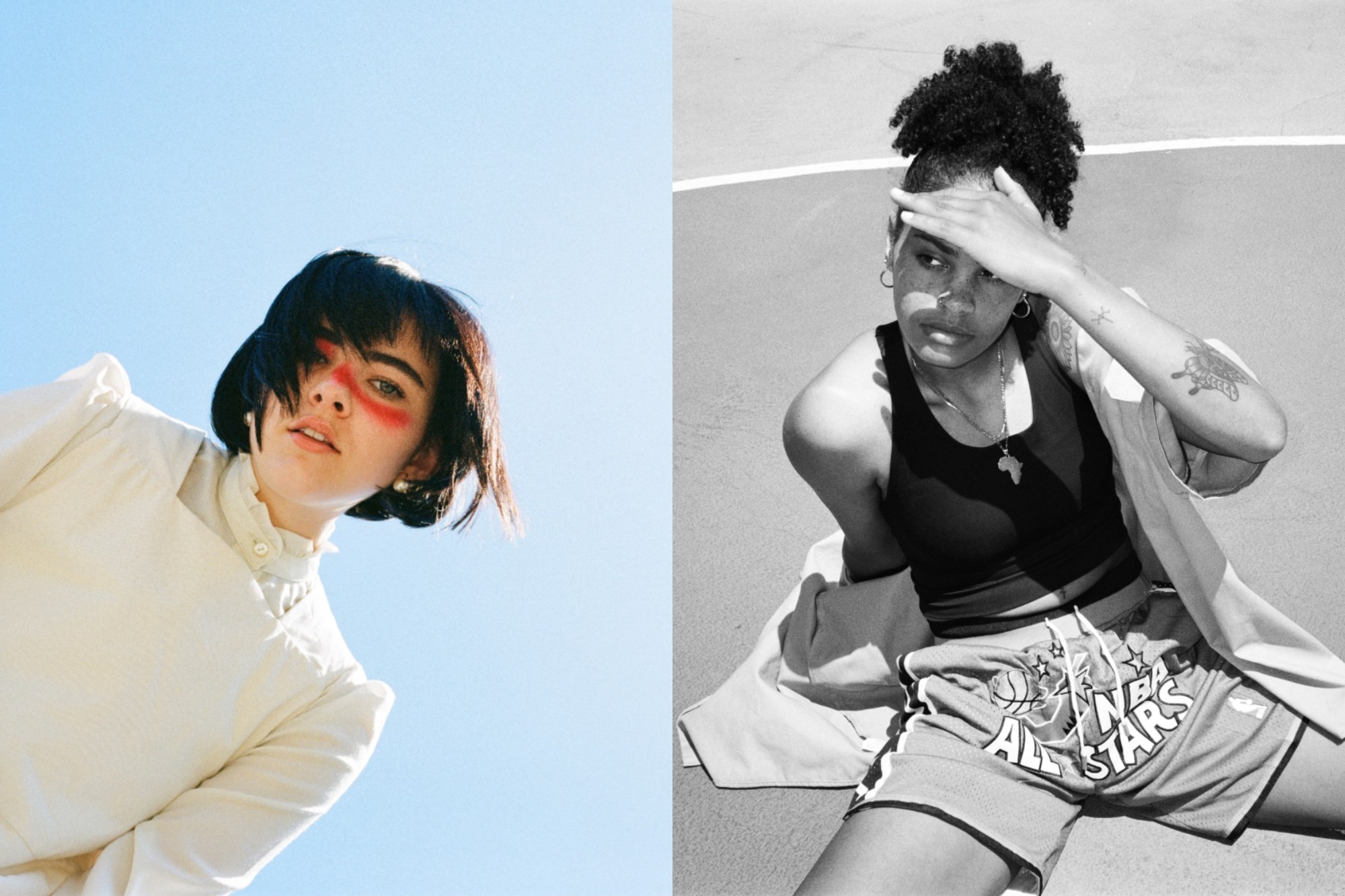In a year that mostly felt devoid of hope, a light at the end of the tunnel emerged from a surprising source: the bottom of the world. Long-since illuminated for its history-making politics, 2020 saw New Zealand burn even brighter on the global stage for all but eliminating coronavirus (twice) with remarkable efficiency — announcing 95 percent probability of zero local transmissions — as other first-world nations confronted yet another surge. Perhaps it was the country’s dispersed population, borderless isolation or high governmental trust index, but once again a small island nation just North of Antarctica (and often confused with Australia) had set an undeniable precedent.
It didn’t come without cost. New Zealand’s reaction to the pandemic was so swift and severe that various ‘non-essential’ businesses closing their doors to comply with the restrictive policies never opened them again, and like much of the world, those subjected to the biggest blows could be found in creative fields. Live performance was eliminated overnight, lack of overseas travel meant that much of the export industry sputtered to a halt and some of New Zealand’s most-beloved fashion brands — oftentimes the beating heart behind the country’s other creative limbs — are no more.
But New Zealand rallied, as it tends to do. Full re-openings across the country began less than two months after the stay-at-home mandate, and from the fallout came rebirth — or reinvigoration. Designers and photographers found renewed synchronicity; musicians embraced their local fans with vigor; homegrown talent who had left in search of greener pastures made their way back to the motherland. As an expat, scrolling social media is a postcard from post-pandemic paradise: friends frolicking sweaty and scantily-clad at summer music festivals, weddings or seasonal festivities. On Covid-19’s other side, New Zealand creatives recalibrated. Below, they offer i-D a similar snapshot of Down Under’s parallel universe — assuring if they can set alight the ‘new normal,’ so can you.
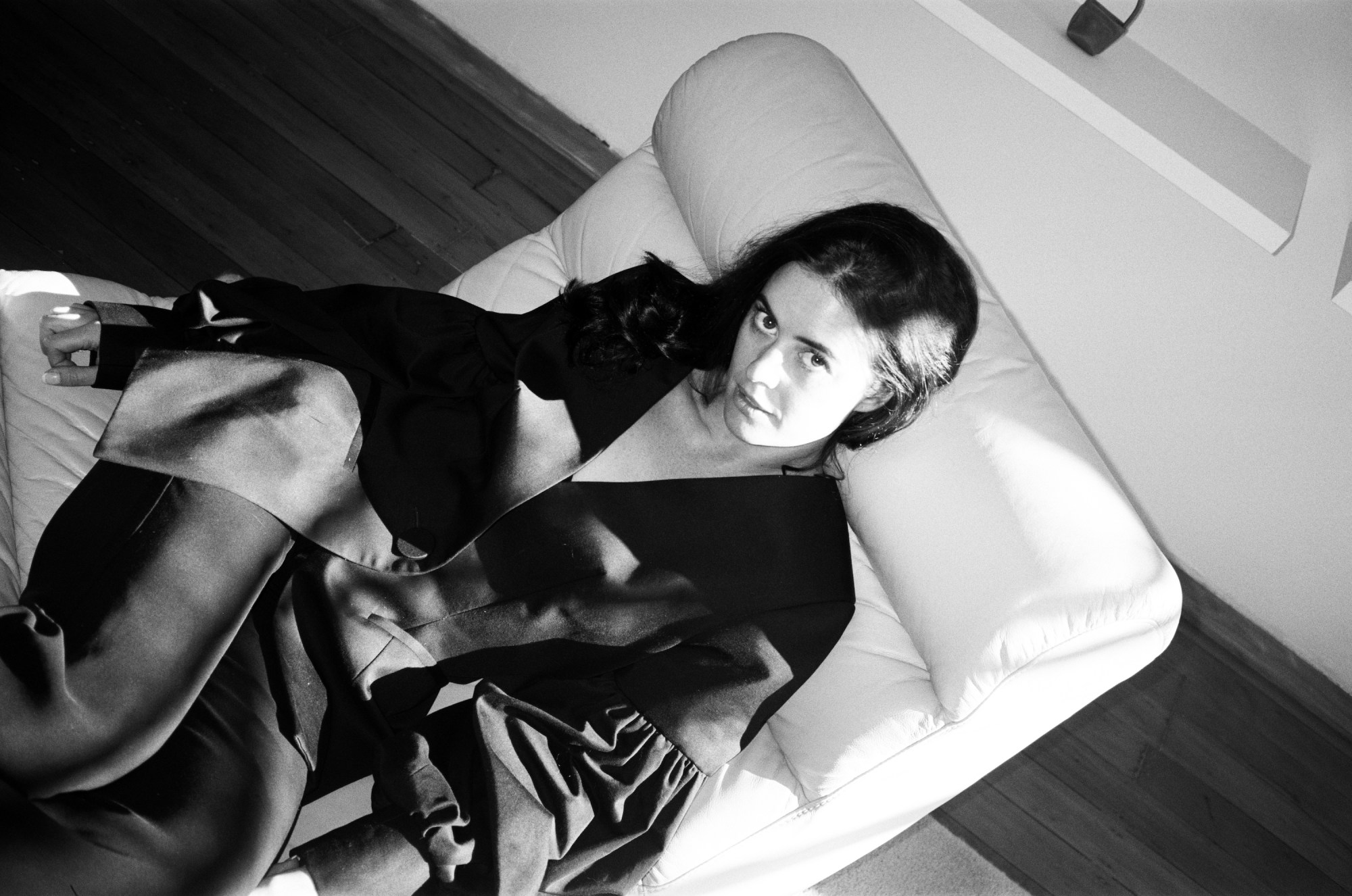
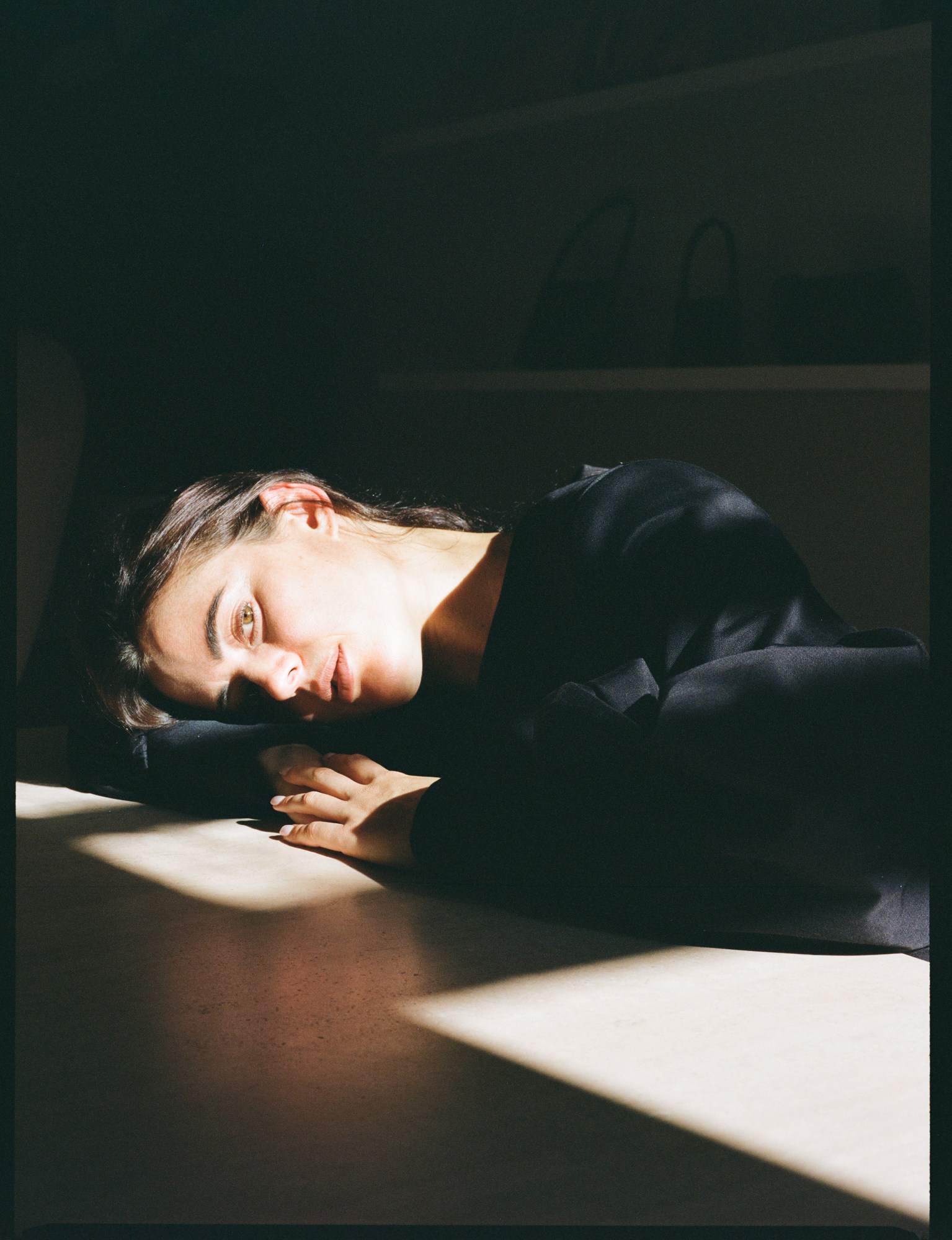
Georgia Jay Davison, creative director Georgia Jay
Walk us through a day in your life prior to lockdown, and how that changed when quarantine was implemented.
Prior, I lived somewhere between being reactionary, intentional and impulsive — early mornings and late nights. Quarantine shattered my routine, some days I spent alone in my studio and some days I didn’t get out of bed. I felt huge discomfort in the days I stayed very still.
How did the pandemic impact your industry, and New Zealand’s creative scene at large?
I feel that this experience has provided perspective and opportunity for the fashion industry and brands to reappraise our position in the global cycle. There’s also this immense gratitude to have survived this, both personally and professionally, and to be situated in New Zealand during this time.
This year has seen immense socio-political division, what was that like to navigate both personally and professionally?
I had removed myself from social media during the lockdown in April, and yet to reinstate. My priority in the midst of the pandemic was not to boost sales. Instead I observed, I learnt, I respected and valued the stories of and voices of those who were brave enough to share their own experiences.
Since the global stay-at-home order there’s been much talk of a “new normal” post-pandemic. What does “normal” now look and feel like to you?
Everything feels more intimate being secluded from the rest of the world. We are lucky enough to produce our products entirely in-house, which makes us extremely agile and personal with the way we work, and we feel more thankful than ever for all the support we have had for these values. I’m just really looking forward to appreciating New Zealand: traveling and being in nature.
What advice would you pass on to creatives from countries that are still struggling?
Be as agile and adaptable as possible, but also more gentle on yourself than ever before.
Plug a New Zealand-made product that pulled you through.
Daily, Daily Bread!
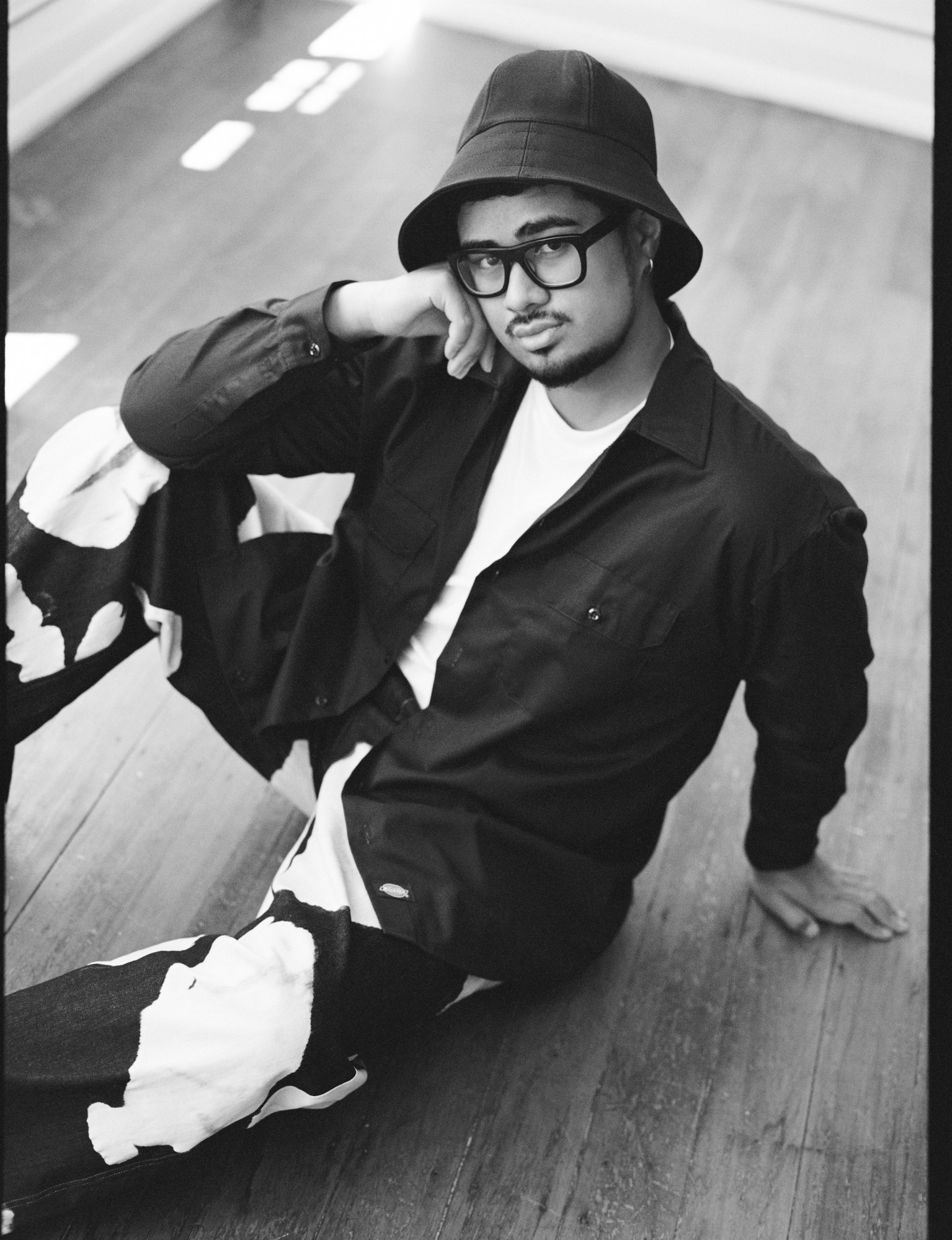
Apela Bell, photographer
Walk us through a day in your life prior to lockdown, and how that changed when quarantine was implemented.
I ended up being jobless during the first quarantine. Before lockdown I was working as a social content producer, and I ended up leaving the job just days before quarantine to pursue fashion photography again, after taking a three-year break. Worst timing ever.
How did the pandemic impact your industry, and New Zealand’s creative scene at large?
It was upsetting seeing some fashion businesses close their doors forever, but I definitely noticed how hungry we all were to create and venture into new businesses, which was so exciting to see. The whole experience kind of brought us all together to help each other out.
This year has seen immense socio-political division, what was that like to navigate both personally and professionally?
With everything going on, quarantine allowed me to have time to have important conversations with my friends and families in regards to the issues going on in the world. Taking in information on how to be a better ally, and even speaking on how I navigated this space to other POCs: we shouldn’t have to fight harder to be heard or seen within this industry.
Since the global stay-at-home order there’s been much talk of a “new normal” post-pandemic. What does “normal” now look and feel like to you?
The new normal is not being surprised anymore, it’s been such a crazy year. Seeing panic buyers go full on Hunger Games mode for toilet paper the first initial lockdown, the second one was so casual for us. Also now it’s compulsory for people who are sick to stay home, where was that during my time in retail?
What advice would you pass on to creatives from countries that are still struggling?
Protect your energy, surround yourself with people who support and believe in you. I was constantly planning what kind of shoot I wanted to do once we came out of lockdown too, so definitely manifesting all your ideas to fruition as well — it will happen!
Plug a New Zealand-made product that pulled you through.
Manuka Sanitizing Spray by Bees Brilliance, my boyfriend brought this home for me and I’ve never looked at any other brand since.
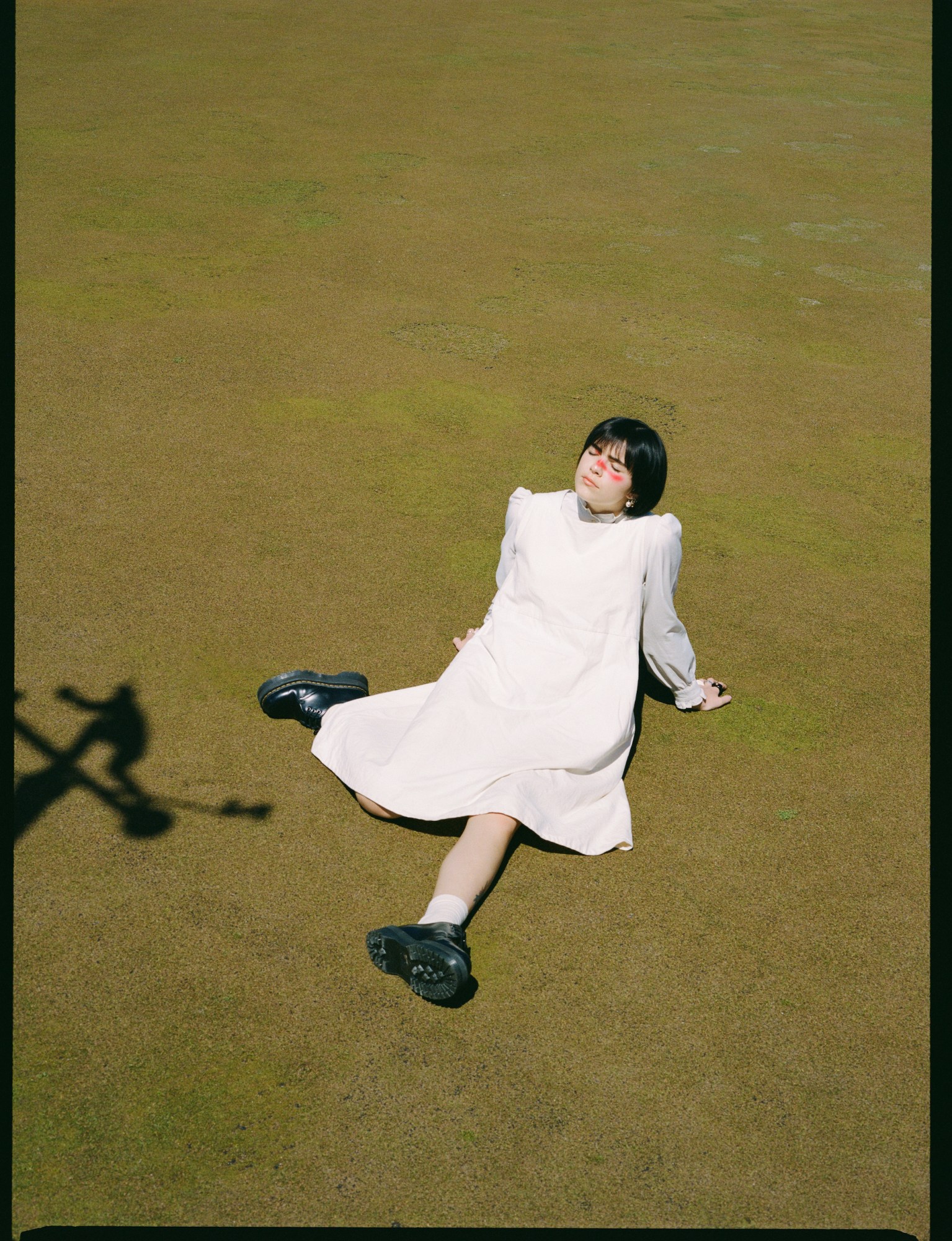
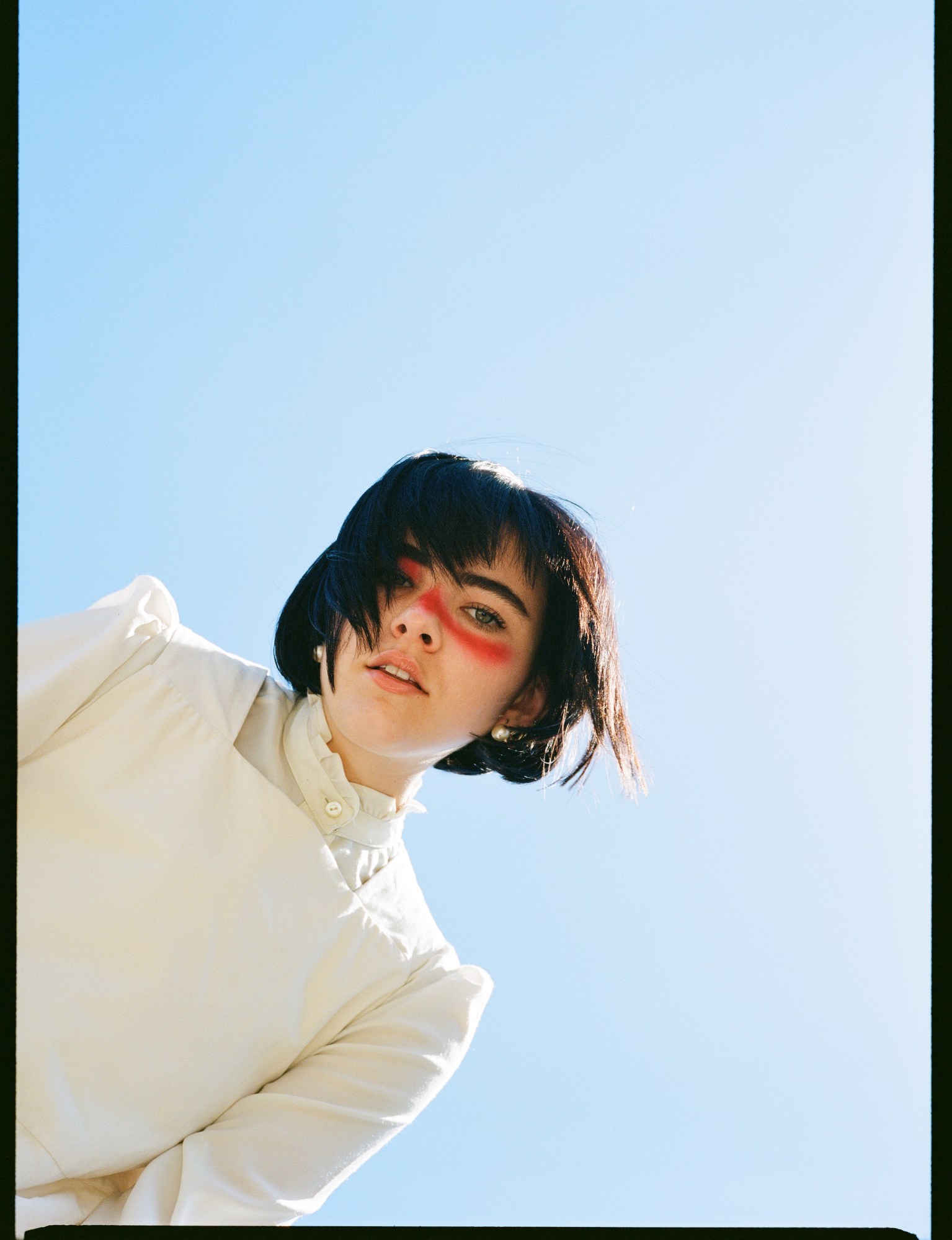
BENEE, 20, musician
Walk us through a day in your life prior to lockdown, and how that changed when quarantine was implemented.
Prior to the first lockdown, I was gearing up to go on my biggest tour so far, so it was pretty weird being flipped into a strict lockdown. When quarantine came in, we weren’t allowed to drive anywhere unless it was for essentials, so I found myself stuck in my house. I ended up having more time to sit down and write, so luckily I could still be productive.
How did the pandemic impact your industry, and New Zealand’s creative scene at large?
It has had a devastating effect on most people in the industry. Including a lot of people behind the scenes who rely on gigs for their main income. A lot of artists have suffered but a lot of them have also used their time constructively, and I think a lot of us are just grateful that we can still create even if normal life is switched to pause.
This year has seen immense socio-political division, what was that like to navigate both personally and professionally?
It’s been disturbing to see what’s been going on around the world with the rise of populist leaders and racial disharmony. Professionally, I find it very hard not to share my opinions on these matters, and I’ve had some backlash from people on social media telling me not to get political… this only makes me want to post more.
Since the global stay-at-home order there’s been much talk of a “new normal” post-pandemic. What does “normal” now look and feel like to you?
The new normal for us is contact-tracing and masks on public transport. People seem to be cooperating here, which is good, but it’s frustrating to see that in many parts of the world where Covid-19 is still raging people aren’t being considerate.
What advice would you pass on to creatives from countries that are still struggling?
Hang in there! Use this time to be productive, reflect and create! We need art everywhere, and it’s what’s making this all seem a lot brighter. Ask for help!! You’re not alone.
Plug a New Zealand-made product that pulled you through.
[Laughs] Vogel’s bread.
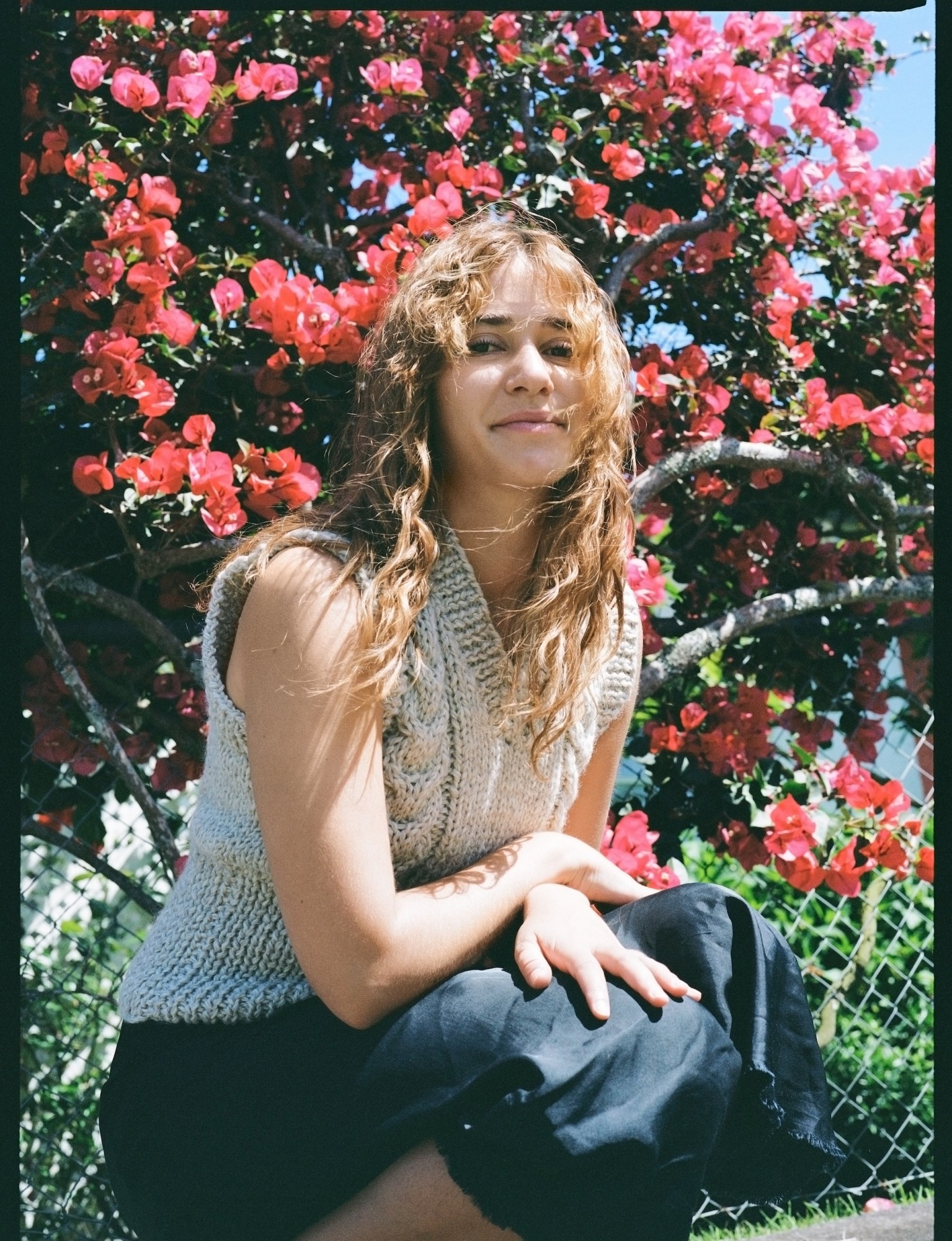
Charlotte Jennings, designer at Frisson Knits
Walk us through a day in your life prior to lockdown, and how that changed when quarantine was implemented.
My whole life has changed since Covid-19. I had just moved over to Sydney three weeks earlier. I was excited to be there, I was catching up with my friends who I hadn’t seen in a while, enjoying the sun and getting to know the city. I am now back in Auckland, I have new appreciation for NZ.
How did the pandemic impact your industry, and New Zealand’s creative scene at large?
It felt like the creative industry was more of a community. Sharing and learning from people you hadn’t worked with before, and who were suddenly eager to help.
This year has seen immense socio-political division, what was that like to navigate both personally and professionally?
The global impact of the Black Lives Matter movement, as well as the recent elections both in the US and in NZ, has bought home how much work there is to do here as well. I’ve spent a lot of my time researching, listening and having uncomfortable but necessary conversations. We all have to make tangible changes not only within ourselves, but also to demand it from those in power.
Since the global stay-at-home order there’s been much talk of a “new normal” post-pandemic. What does “normal” now look and feel like to you?
Since the lockdowns, I have been working from home more and only coming into the studio three days a week, as I don’t feel as much pressure to be doing 9 to 5 anymore. I also moved out of Auckland City, which was probably the best thing I have ever done: being by the beach brought light in some really dark times.
What advice would you pass on to creatives from countries that are still struggling?
Use the time to explore the ideas you had been tossing around in your head. Don’t pressure yourself, if it’s not working, it’s not working. It’s a hard time for everyone.
Plug a New Zealand-made product that pulled you through.
Kumeu Village Pinot Noir.
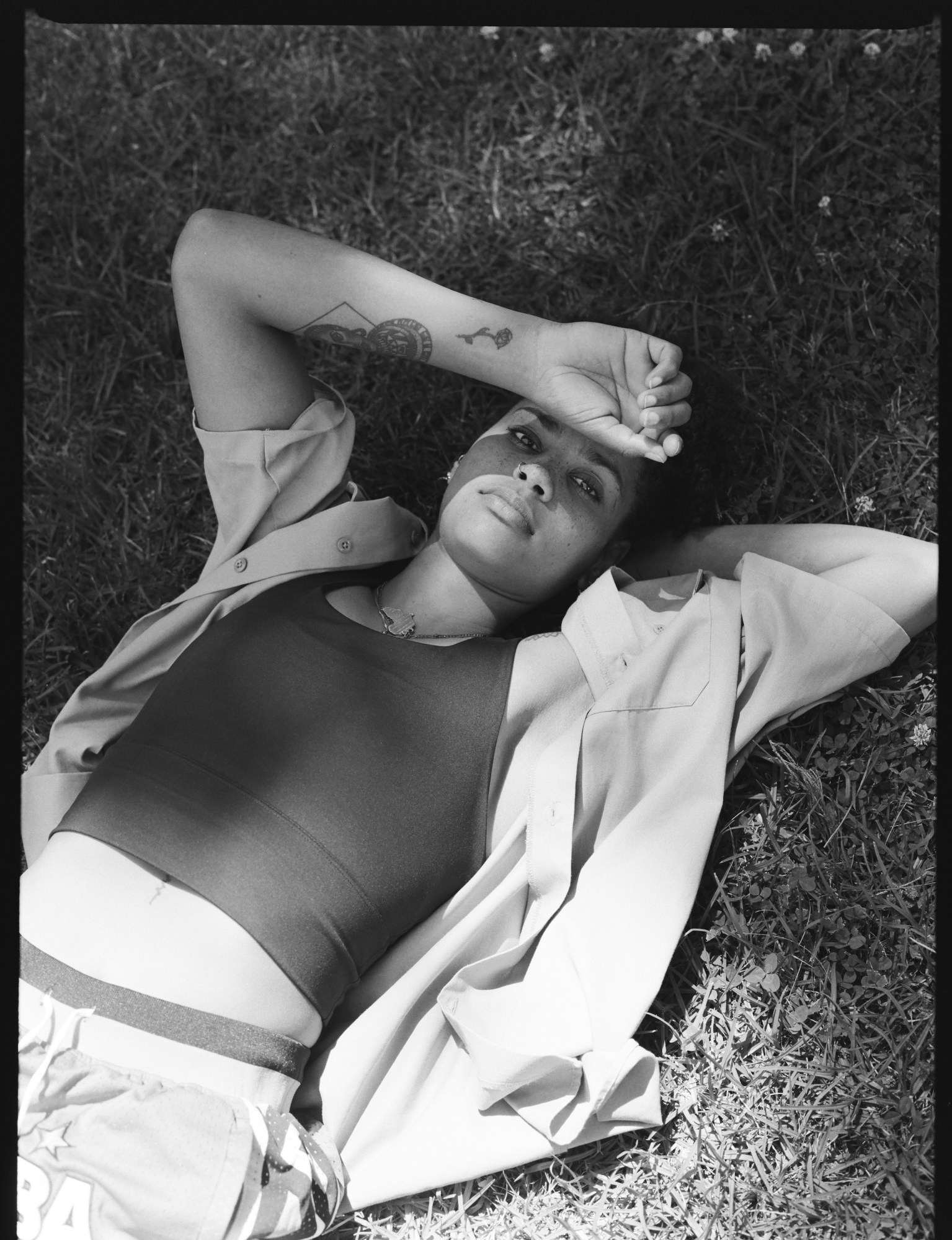
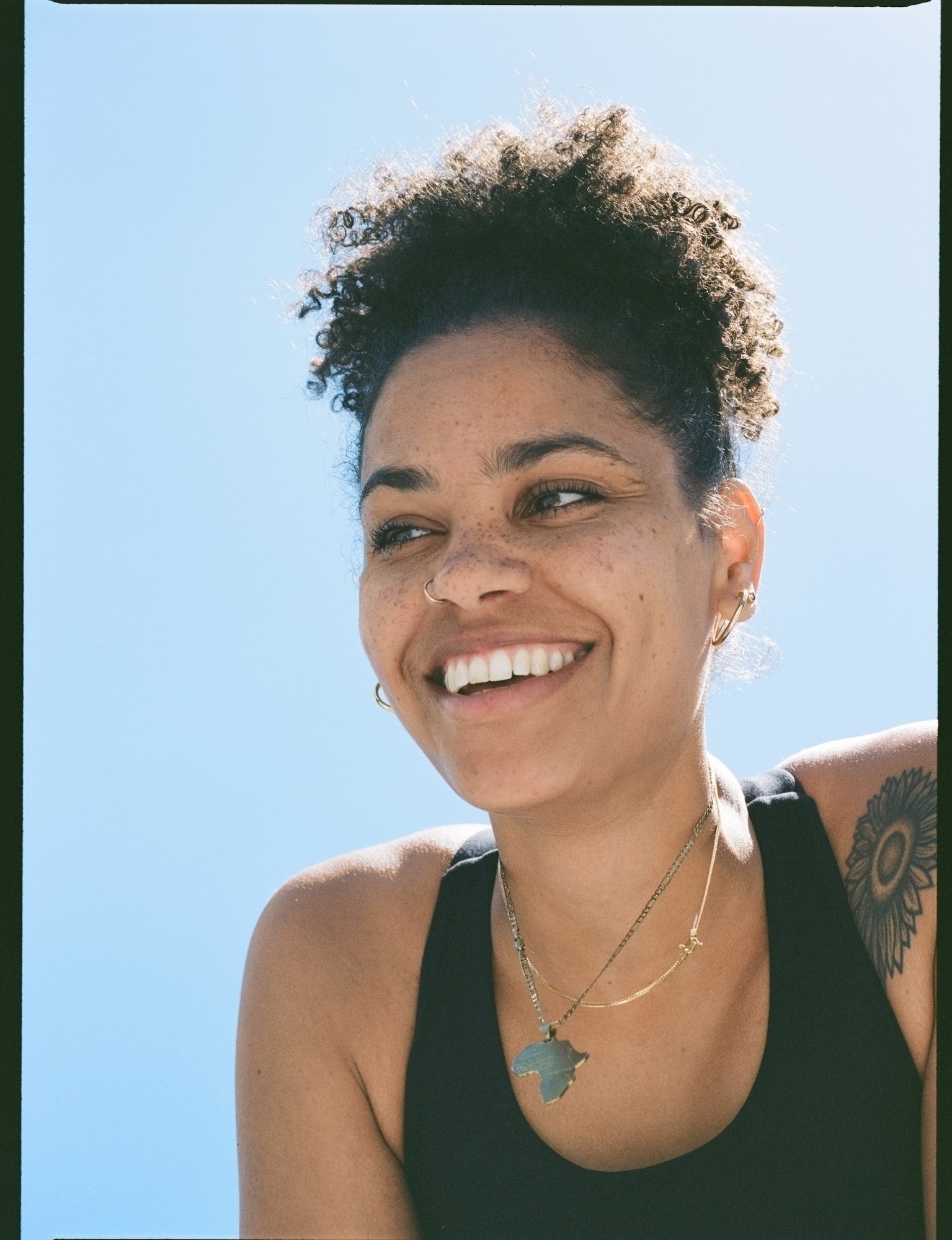
JessB, musician
Walk us through a day in your life prior to lockdown, and how that changed when quarantine was implemented.
As a creative my day to day life changes quite a bit, and no two weeks really look the same. I’m always working, but most of the plans that I had made were no longer possible due to lockdown, so there was quite a bit of adjusting both in day-to-day-life, and mindset.
How did the pandemic impact your industry, and New Zealand’s creative scene at large?
The creative scene was really hit quite hard. I think the biggest thing for musicians was the absence of live shows.
This year has seen immense socio-political division, what was that like to navigate both personally and professionally?
To me, the personal and professional aren’t separated. As an artist, I speak to my experience of the world, and what I see around me. I think that having a strong support network and connection to my community has been an integral part of being able to move through adversities that affect us on a wider scale.
Since the global stay-at-home order there’s been much talk of a “new normal” post-pandemic. What does “normal” now look and feel like to you?
We have been pretty lucky here in Aotearoa in the sense that things are basically normal, with the exception of overseas travel. During the second lockdown that happened this year I had access to a studio space that I was able to work in alone and I was able to develop some new skills and work on styles that I might not have been bold enough to try in a room full of people… this is a positive new “normal” that I was able to pick up along the way.
What advice would you pass on to creatives from countries that are still struggling?
Don’t force anything. I think, when we are stuck at home, the pressure we put on ourselves to be productive and to create our best work probably does more harm than good. I found that for myself anyway. When I let myself relax and only worked on music when I felt inspired to, I found that my creativity flowed easier. We are in the middle of a worldwide pandemic, where nothing is really normal, so lacking inspiration is okay too.
Plug a New Zealand-made product that pulled you through.
Heartland Potato Chips (Apple Cider Vinegar flavour). Many packets were consumed during lockdown.

Rob Tennent, content creator and designer
Walk us through a day in your life prior to lockdown, and how that changed when quarantine was implemented.
Prior to lockdown, I was studying fashion design three days a week and shooting/modelling on my days off. Overnight I was unable to do any of those things. We were out of work for a few months, and as a creative who relies heavily on collaborations, I struggled.
How did the pandemic impact your industry, and New Zealand’s creative scene at large?
We have focused on supporting local businesses, which is a positive. Unfortunately, a lot of creatives have lost their jobs but on the positive side, they have been able to get more creative. We have embraced local talent and have come together.
This year has seen immense socio-political division, what was that like to navigate both personally and professionally?
Personally, there was a lot more learning, reading and watching done on my part — being in lockdown and not being able to travel meant we were absorbing information at a faster rate. I often don’t have the right words to speak about certain injustices, but I have been using my platform to amplify voices that do know the right words.
Since the global stay-at-home order there’s been much talk of a “new normal” post-pandemic. What does “normal” now look and feel like to you?
Thankfully in New Zealand we are back to normal, minus overseas travel. We can eat out, party, fly around the country and have gatherings here. Of course we are a lot more cautious when we are sick or on public transport, but I think staying home has become a lot more common for me.
What advice would you pass on to creatives from countries that are still struggling?
Stick at it! Things will get better when everything starts looking ‘normal’ in your country. Take Melbourne for example, they have been stuck in lockdown for so many months but they finally got a handle of Covid-19 and are now able to create again. You will be able to create soon, take this as time off to plan, brainstorm and try new things if you can.
Plug a New Zealand-made product that pulled you through.
Jordan Rondel’s ‘The Caker’ Cake Kits.
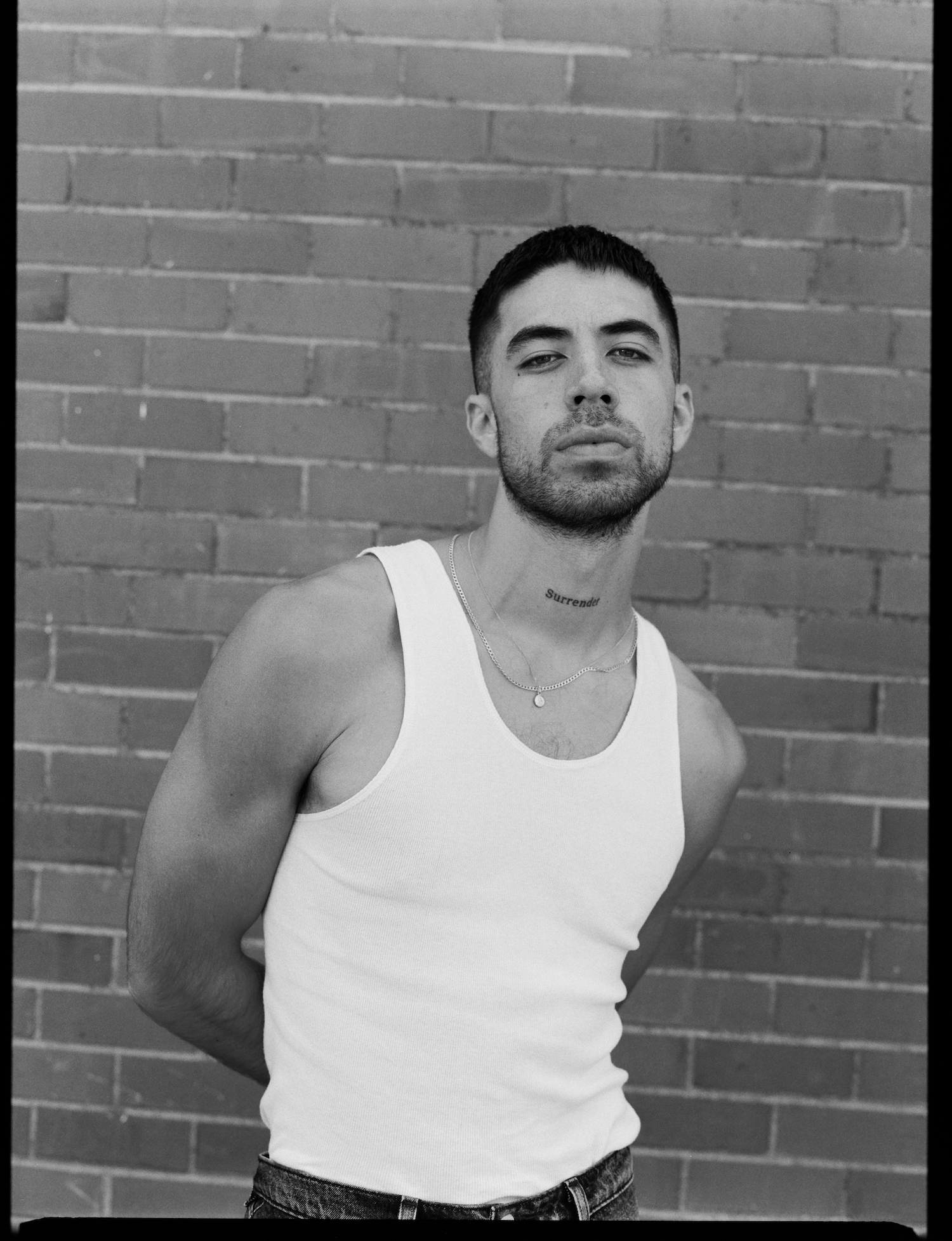
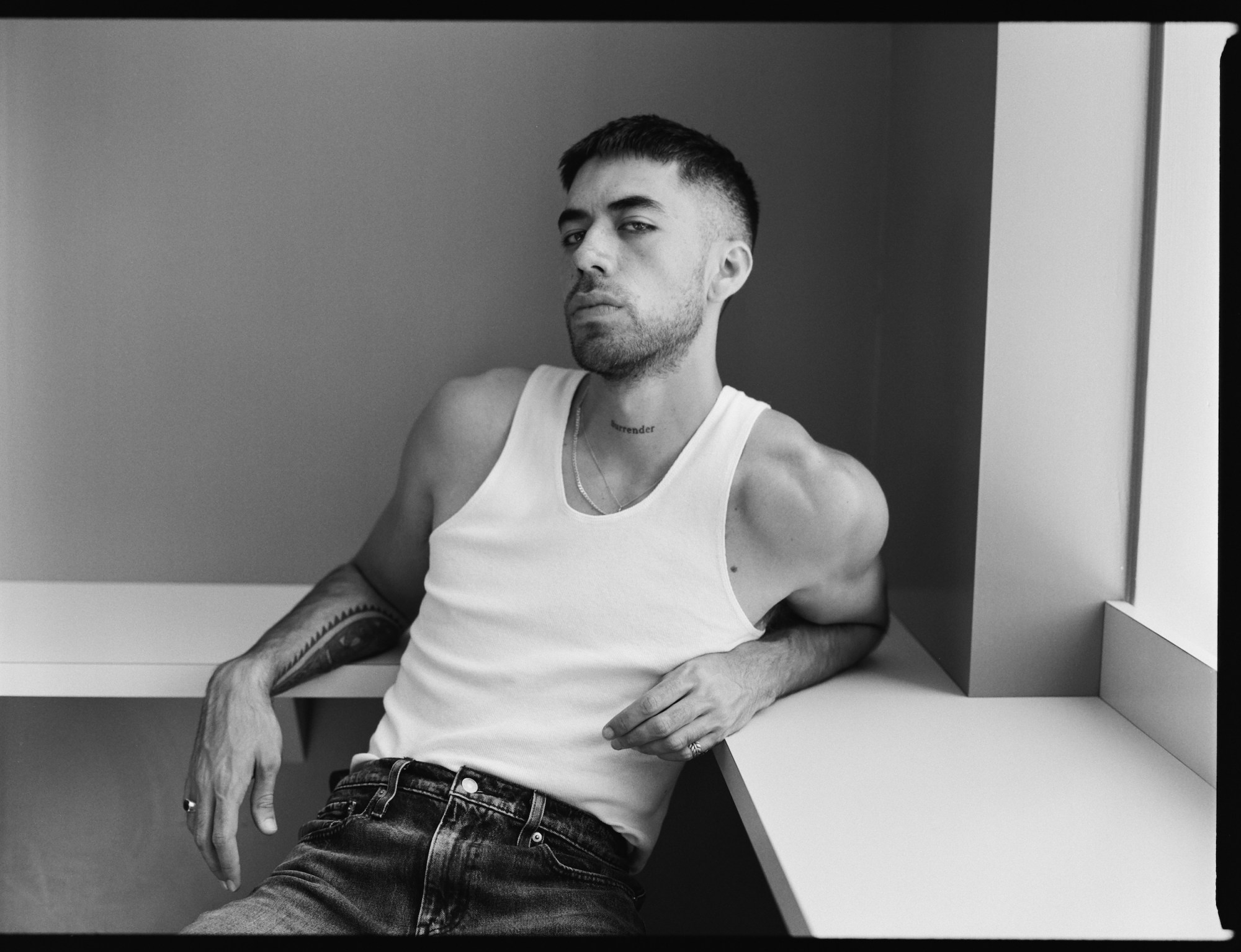
TEEKS, musician
Walk us through a day in your life prior to lockdown, and how that changed when quarantine was implemented.
Being a musician means my work is very seasonal, and everything usually revolves around a record or similar project. Because I finished recording my album before the end of 2019, I could implement a solid routine in 2020: waking up early in the morning, keeping active… when you have such a sporadic schedule it’s important to have some type of regularity to keep you anchored. I’m very much a homebody, so lockdown wasn’t too different from my usual lifestyle.
How did the pandemic impact your industry, and New Zealand’s creative scene at large?
Our live music industry took the biggest hit. Artists rely on live shows as a major income stream, as do music venues, booking agents and promoters, so there has definitely been calamity felt on both an individual and organisational level. We’re fortunate here that our Covid response was fast and effective. Now our live music industry has become 100% locally focused, which, effectively, is a really great thing.
This year has seen immense socio-political division, what was that like to navigate both personally and professionally?
I think sometimes the scales have to tip over before they can balance themselves out again, and the world reached a critical tipping point. I try to keep myself educated and informed as much as I can because I know that having a platform comes with a responsibility. Anything I feel strongly about I make sure to let people know — I want to be an agent for change.
Since the global stay-at-home order there’s been much talk of a “new normal” post-pandemic. What does “normal” now look and feel like to you?
I’m very thankful to live in Aotearoa, where we are almost 99 percent functioning as normal. The only difference is that our industry has become predominantly local-focused. I’m happy our people are getting the support and recognition that they deserve from their own country.
What advice would you pass on to creatives from countries that are still struggling?
Find the stillness inside of you and use that as an anchor. Once you’ve taken care of yourself, look at ways where you can innovate within your profession: be creative and think outside the box. This year has proven anything is possible and there are no rules.
Credits
Photography Veronica Crockford-Pound and Joseph Griffen.
